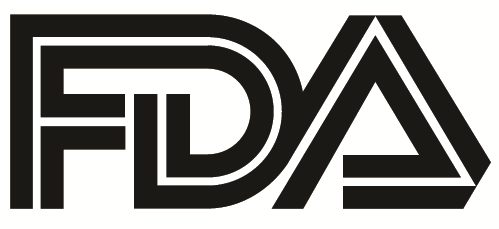Study: Drugs Approved Through FDA Expedited Review Offer Greatest Health Impacts
The findings are particularly relevant in light of the 21st Century Cures Act implemented last December and the Right to Try Act approved by the Senate last week.

A study published in Health Affairs explored the impact of the FDA’s array of expedited review programs, which aim to fill gaps in unmet clinical need by rapidly getting innovative drugs onto the market. It found that drugs that gained approval through that means offered larger health gains than those approved via the traditional review process.
The researchers hypothesized that outcome, and measured health gains by quality-adjusted life years (QALYs). They identified all new drugs approved between 1999 and 2012 and calculated QALY gains based on a review of available cost-effectiveness and comparative effectiveness analyses.
Indications were considered separately, and QALY gains were compared for each drug-indication pair based on whether the drug had progressed through an expedited review program (ie, priority review, accelerated approval, and/or fast track) or not, and compared drugs in 1 program with those in 2 or more programs. The fourth type of expedited review program, breakthrough therapy, was introduced in 2012 and thus excluded from this analysis.
Of the 135 drug-indication pairs analyzed, 24 (40.7%) of those reviewed through conventional processes had zero or negative QALYs, meaning they were as effective or less effective than existing care. Only 15 (19.7%) of the pairs in at least 1 expedited review program registered such QALY results. The median incremental QALY gains were 0.003 for pairs in the traditional review process, compared with 0.182 for those in at least 1 expedited program. Further, drug-indication pairs in just 1 expedited program produced median gains of 0.126 QALY, compared with 0.307 for those in 2 or more expedited programs.
According to the study authors, “these findings suggest that the FDA has prioritized the review of drugs offering the largest clinical advancements over existing care by including them in the various expedited review programs.” They suggested that future studies could explore whether certain expedited review programs resulted in the approval of drugs with higher QALY gains compared with those processed through other programs.
The researchers noted that the FDA’s expedited review programs appear to be having the desired effect of addressing unmet clinical needs and improving current therapy options. While drugs approved through these pipelines are more likely to be withdrawn over safety issues or be labeled with black-box warnings as more data emerges, “physicians and patients may be willing to accept a greater degree of risk” in exchange for the promise of treating severe and rare diseases.
These findings are particularly relevant in light of the 21st Century Cures Act implemented last December, which aims to speed up the drug approval process through several new or expanded pathways. According to the study authors, this has led to concerns that expedited review will become the rule rather than the exception for new drugs.
Also of note was the recent Senate passage of a national Right to Try law, potentially paving the way for terminally ill patients to bypass the FDA and clinical trial processes to gain access to unapproved drugs.
Expedited review has proven to be a useful tool for getting promising drugs into the hands of patients sooner, the researchers concluded, but “the key will be to maintain an appropriate balance of benefits and risks to improve population health.”
A version of this story originally appears in the American Journal of Managed Care.
Related Coverage:
Podcast: Match Made in Hospitals — Patient-Matching Technology Can Improve Healthcare
September 21st 2021Clay Ritchey, CEO of Verato, highlights the administrative and financial benefits that patient-matching technology can provide hospitals and health systems, as well as how it can improve the patient experience.
Podcast: Using Digital Solutions to Address Technology Shortfalls with Citius Tech Senior VPs
July 29th 2021In an interview recorded earlier this year, Chief Healthcare Executive Associate Editorial Director Mary Caffrey spoke with 2 leaders of Citius Tech about meeting healthcare challenges with digital solutions.